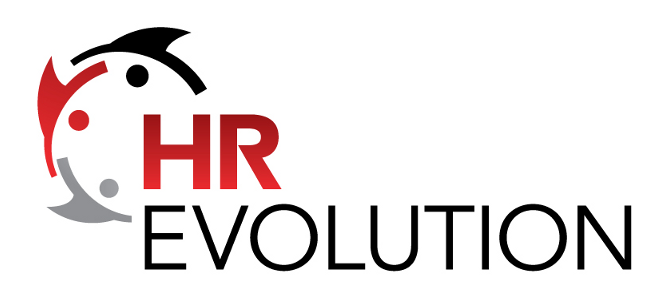Note: For the rest of this week, (or longer if I can't manage to get it all done in time), I am going to run a short series of four posts inspired by a session at last weekend's HRevolution event in St. Louis that I facilitated along with the fantastic Mike Krupa.
In the session, we asked four teams of attendees to imagine, envision, describe, and articulate a new (or at least new to them), kind of revolutionary HR technology solution that would improve or enhance some aspect of HR, talent management, recruiting, strategy, etc.
The teams were each given a context to work in that roughly correspond to the major sub-types of HR technology tools today: Administration, Talent Management, Culture/Brand, and finally Insight/Analytics. The teams came up with some really clever and thought-provoking ideas in a really short time, and I thought it would be fun to share them (as best as I can recall them), here and try to keep the HRevolution discussions on this topic moving forward. We will consolidate all 4 revolutionary HR tech ideas into one paper that we will post here and on the HRevolution site as well.
Ok, let's hit the first HR tech idea - from the 'Administration' team, a tool called 'Oscar.'
The idea: Every HR tech project plan starts or has near the start, a step called 'Clean up the data.' And that step is miserable. Over time and with growth, most companies possess numerous systems for HR and workforce processes and functions. And with the growth of an organization's systems footprint, the challenge to keep data not just in synch across systems, but to ensure the data is 'clean' (accurate, up to date, correctly formatted, validated, etc.), becomes daunting.
While the Admin team is aware that there are some existing HR technology solutions that help integrate HR data across systems, the team felt like simple file-transfer type information from System 'A' to System 'B' is not good enough. After all, if the Employee's date of birth is not correct in System 'A', then sending over that bad piece of data to System 'B' does nothing to help with the real issue - inaccurate employee and workplace data that can lead to a myriad of downstream problems.
So that is were 'Oscar' comes in.
Oscar is a tool that would sit over an organization's existing HR technology solutions and would serve to monitor, audit, validate, and clean, (or at least raise exceptions as needed), the core elements of the organization's HR data set. Think employee names, dates of birth, employee ID numbers, locations, salary, hours, and many more potentially. These kinds of data elements usually exists in multiple platforms, systems, and can be acted upon in numerous ways, which often results in data getting out of alignment, or 'dirty'. Oscar would learn where to look for these conditions, and raise alerts to the needed administrators, HR analysts, managers, and employees as needed to ensure action is taken before 'bad' data gets propagated.
Think of it as a kind of an HR-based identity theft monitoring tool that instead of being on the lookout for a gang of shady credit-card spoofing thieves, instead is constantly waiting patiently and vigilantly for bad HR data to raise it's ugly head, and to take action to stamp it down.
I think this is a cool idea, and definitely one that HR pros, especially in larger organizations would love.
Would it be complicated to build? Sure.
Does it, or elements of it, probably exist in other tools already? Maybe.
But is it a 'revolutionary' idea for HR tech? Most definitely.
So that is the first idea, stay tuned in the next few days for what the Talent, Culture, and Insights teams cooked up.
Final note: Big, big thanks to our HRevolution 2015 sponsors - Globoforce, Quantum Workplace, and The Arland Group.